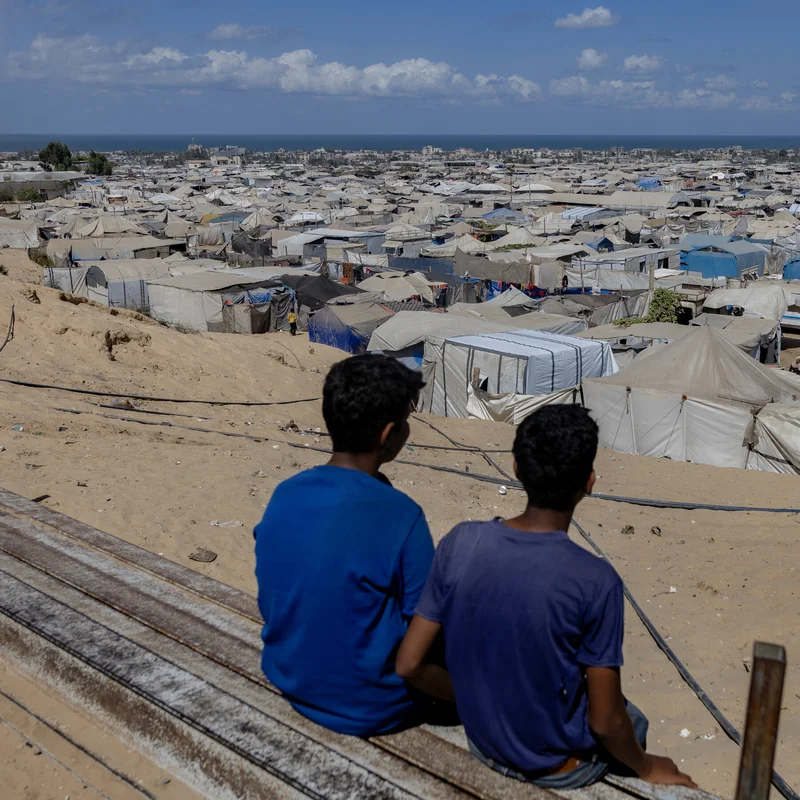In a historic and defiant move, Palestinian Authority President Mahmoud Abbas addressed the United Nations General Assembly (UNGA) via video on September 25, 2025, after the United States denied him and his delegation entry visas. Speaking from Ramallah in the occupied West Bank, Abbas delivered a passionate plea for international recognition, condemned Israel’s military actions in Gaza as “genocide,” and reaffirmed that “Palestine is ours.”
Why Was Abbas Denied a U.S. Visa?
The U.S. State Department refused entry visas to Abbas and his delegation just days before the UNGA session, citing national security concerns . This decision drew sharp criticism from UN officials and human rights advocates, who called it a violation of the host country agreement with the United Nations .
Despite the setback, Abbas’s virtual address reached global audiences and underscored the urgency of the Palestinian cause amid escalating geopolitical tensions.
Key Messages from Abbas’s UN Speech
Abbas’s speech covered several critical points:
- Rejection of displacement: “No matter how much suffering we endure, we will remain in Gaza and rebuild our land.”
- Condemnation of Israeli actions: Accused Israel of committing “genocide” and using starvation as a weapon of war .
- Disavowal of Hamas: Stated clearly that Hamas “will have no role” in any future Palestinian government in Gaza.
- Commitment to peace: Reiterated support for a two-state solution and called on Israel to return to negotiations .
Global Recognition of Palestinian Statehood Surges
Abbas’s address comes on the heels of a major diplomatic breakthrough. As of September 2025, 157 out of 193 UN member states—roughly 81%—now recognize the State of Palestine . Recent recognitions include:
| Country | Date of Recognition (2025) |
|---|---|
| France | September 22 |
| Belgium | September 22 |
| Canada | September 20 |
| Australia | September 19 |
| United Kingdom | September 18 |
This wave of recognition has prompted strong reactions from Israeli officials, who have floated plans to annex parts of the West Bank in response .
Trump’s Stance on West Bank Annexation
In a surprising diplomatic pivot, former U.S. President Donald Trump—currently active in foreign policy discussions—reportedly assured Arab and Muslim-majority leaders that he “would not allow Israel to annex the West Bank” .
This private assurance contrasts with Trump’s earlier 2020 peace plan, which permitted significant Israeli annexation . Analysts suggest this shift may reflect growing pressure from regional allies and a recalibration of U.S. Middle East strategy.
What’s Next for the Palestinian Authority?
Abbas emphasized the Palestinian Authority’s readiness to assume governance of Gaza post-war, provided Hamas is excluded from political power. This position aligns with recent U.S. and European demands for a unified, non-militant Palestinian leadership.
💡 Key Takeaway: The U.S. visa denial did not silence Abbas—it amplified his message on a global stage already shifting toward Palestinian statehood.
For deeper context on the two-state solution and its challenges, see our analysis at [INTERNAL_LINK:two-state-solution].
For authoritative background on U.S.-Palestinian relations, refer to the U.S. Department of State.




